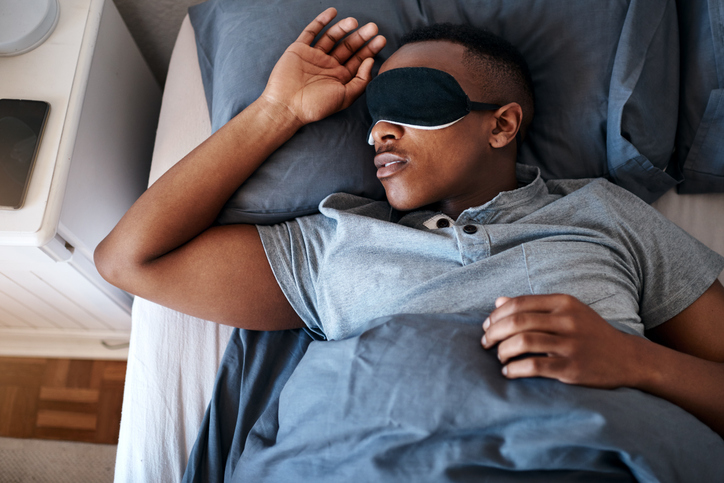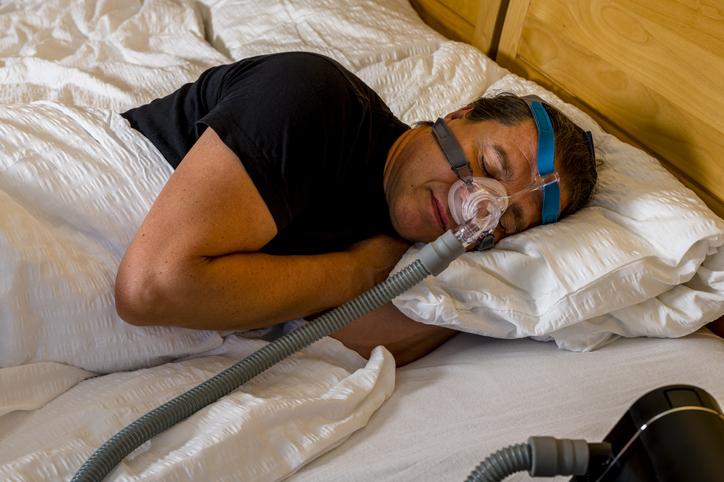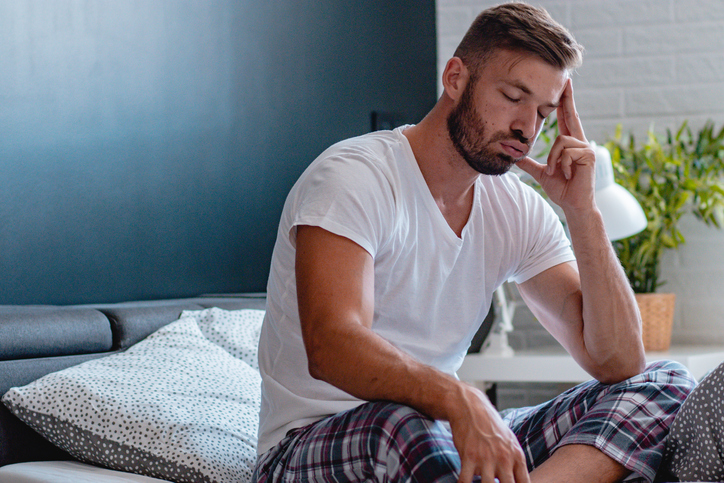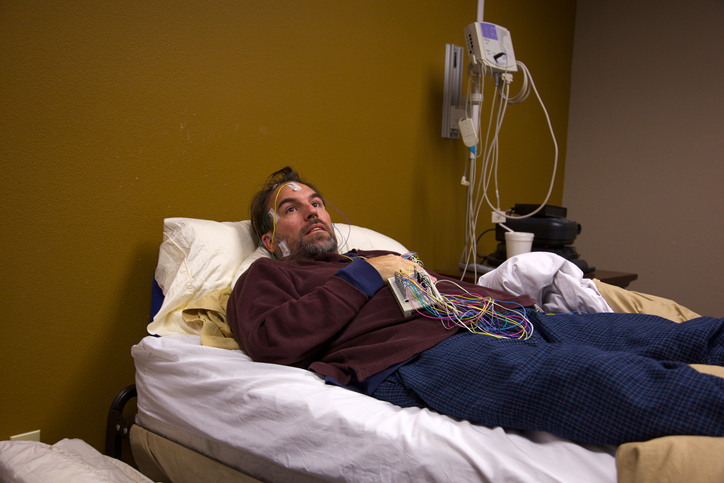Living with Chronic Pain
Sleep Hygiene

What is sleep hygiene?
While proper personal hygiene consists of practices that improve bodily cleanliness and health, proper sleep hygiene consists of practices that improve sleep quality. Proper sleep habits are especially important for individuals dealing with chronic pain because of the connection between inadequate sleep and chronic pain.
The link between poor sleep and chronic pain
Up to two-thirds of individuals with chronic pain also deal with insomnia or other sleep issues. In many cases, chronic pain causes individuals to struggle with falling asleep. When pain is present, the body has difficulty relaxing enough to fall asleep. Also, once an individual manages to fall asleep, a sudden movement or uncomfortable position can wake them instantly, resulting in short, frequently interrupted sleep.
Not only can chronic pain prevent an individual from getting the restful sleep they need, insufficient sleep and the resulting fatigue can also cause an increase in pain sensitivity. Lack of proper sleep can also negatively affect the immune system, which can potentially lead to other medical conditions that may cause additional pain.
Sleep hygiene practices
A variety of sleep hygiene practices may promote restful sleep. Since everyone’s needs are different, individuals are encouraged to try a variety of techniques and tools until a successful combination is found.
- Caffeine, heavy meals and alcohol should be avoided before bedtime. They can prevent or disrupt sleep.
- Individuals should go to bed around the same time each night and get up at the same time each morning, even on weekends or after a sleepless night. A consistent sleep schedule helps to set the body’s internal sleep clock.
- Exposure to light should be minimized before bedtime. Individuals should dim or turn off lights and eliminate the use of televisions, smartphones, tablets and other devices 30 minutes to an hour before bedtime.
- Individuals should get out of bed if sleep does not come in 15 to 20 minutes. Lying in bed waiting to fall asleep or fall back to sleep for more than 20 minutes may be counterproductive. Instead, getting out of bed and going to another room to read or meditate can help. Individuals should return to bed when sleepy and repeat as needed.
- Napping should be avoided. Getting too much sleep during the day can reduce the quality of sleep at night.
- Choosing to exercise in the morning or afternoon is a good practice. While exercise is beneficial for sleep, it should be completed at least a few hours before bedtime.
- The bedroom should be kept dark and quiet. Dark curtains, sleep masks, and white noise machines or apps can all help create an environment that is conducive to sleep.
Chronic pain can lead to poor sleep quality and poor sleep quality can increase chronic pain; it is a vicious cycle. Proper sleep hygiene practices can help break this cycle and lead to a good night’s rest.


















